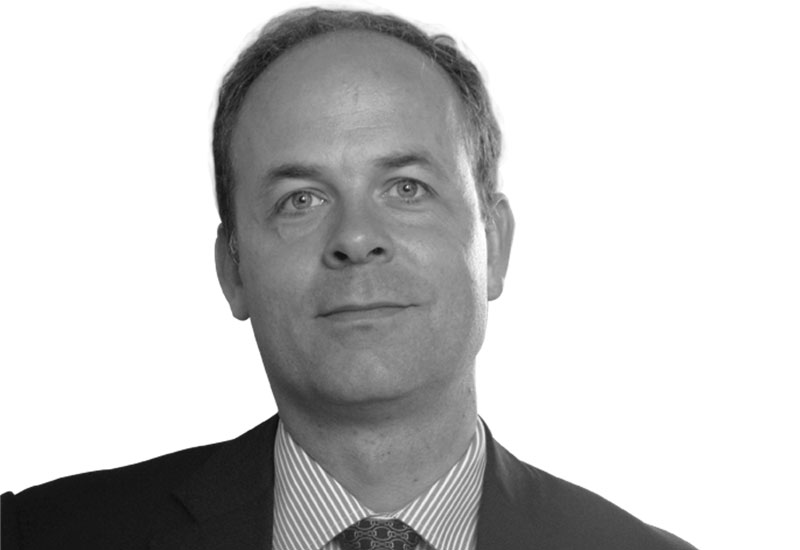IDeaS Revenue Optimisation regional director of sales, EMEA, Rupert Gutteridge, reports from the firm’s annual client summit and identifies the revenue management trends to watch
Anyone that is familiar with IDeaS, knows that our client-centric approach is at the core of our business, and something we take extremely seriously. Just as returning/loyal guests are one of the most valuable resources to our hotelier customers, so too, for us, are the revenue managers within each and every single hotel that we work with.
We believe that the key to the future of the hospitality revenue management industry lies not just in the advances in technology that drive it, but in fostering a united international network of revenue management professionals. Like-minded individuals keen to share knowledge not only to benefit their own professional development, but also to advance the global standing of the revenue management profession as a whole.
This global ethos was a very large part of the reason I joined IDeaS earlier this year, and I have been fortunate enough to step in and see the benefits that such an approach yields over the long term. Recently I attended my first annual IDeaS Client Summit in New York City, which is quite probably the largest concentrated gathering of hotel revenue managers in the world, and witnessed something I have never come across before — namely the hospitality world’s most preeminent revenue managers openly discussing and debating everything from future trends to issues affecting the industry, to global advances in technology and their potential effects on the industry as a whole.

Advertisement
This year, the key themes centered around the culture of revenue management — in particular, the changing nature of where revenue management sits within the organisational structure of a hotel. This twinned with the ongoing debate over who the revenue manager should report to (which I am told has been a hot topic for the past three annual Summits), emerged as keen points of discussion.
Not only was it incredibly humbling to see so many passionate professionals, at the cutting edge of their game, openly sharing knowledge and seeking advice from those people that at any other time, or in any other place, would be perceived to be the competition, but it also struck me that in this room, over two days of the year, lay the key to the future of revenue management.
Our industry will only continue to go from strength to strength if we are able to foster global lines of communication and remind ourselves that such communication is at the core of the future success and advancement of the revenue management profession.
Considering the global nature of the economy at present, it seems that open communication within the revenue management profession has never been more important in terms of benefits for the industry as a whole. For example, we found that there has been a global shift towards using more sophisticated analytics for pricing, in order to increase the effectiveness of revenue management practices. In the five-star category — and also to some extent in the four-star space — there has also been a trend towards more individualised market research to gain insight into guests, and direct marketing based on that.
Rhett Hirko, director of revenue management analytics for Hyatt Hotels & Resorts, commented: “Over the last 18 months, with the economic volatility, I’ve noticed that there is a sharper desire to understand the impact of market segments more than ever before. People want to understand a particular market segment, and know how to market against it, to improve performance or maximise revenue performance, so before maybe it wasn’t done with the specific degree of interest in the market segment as it is today. Specifically, here at the Summit, hotels are looking at it with the aim of understanding how to improve the forecast. Just the keen understanding of the impact of business at the market segment level — people are more aware of that than ever before. That, in turn, improves the forecast and, of course, we’re going to change the way that we attack our different sales accounts and our different markets. ”









 Search our database of more than 2,700 industry companies
Search our database of more than 2,700 industry companies









